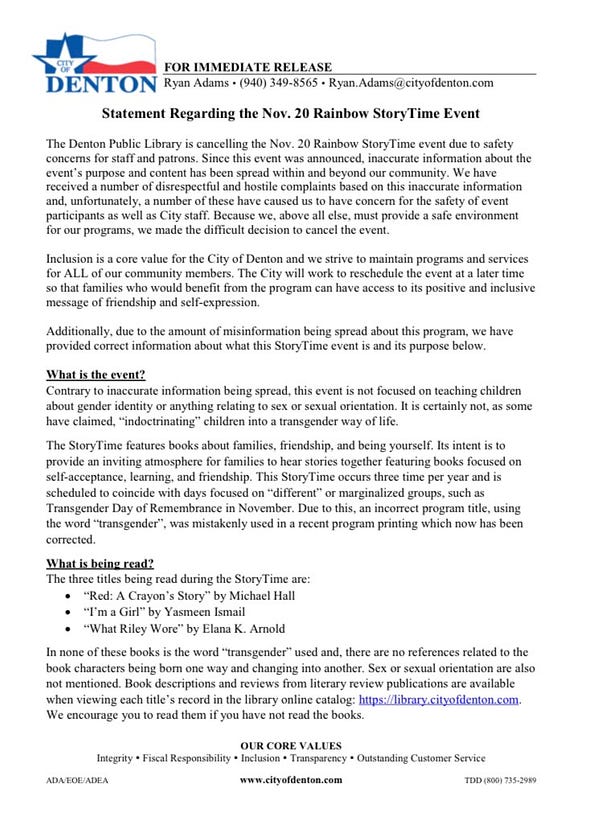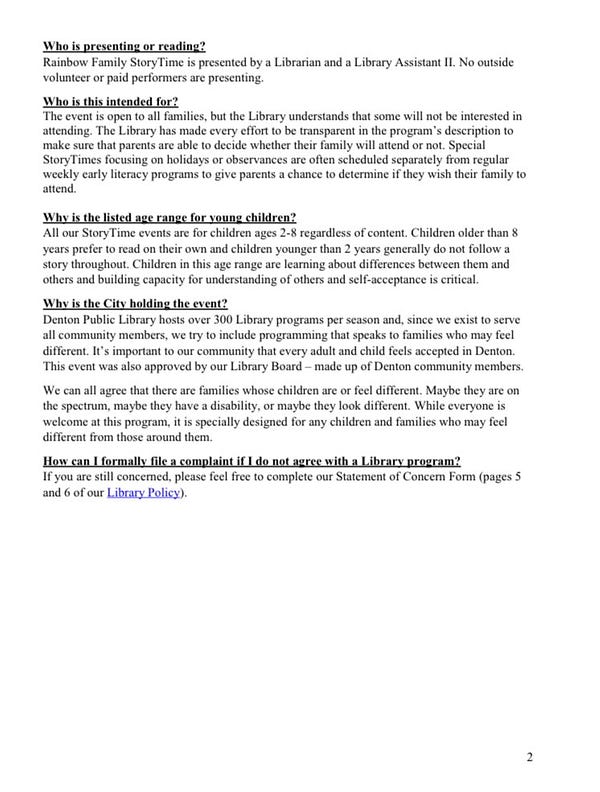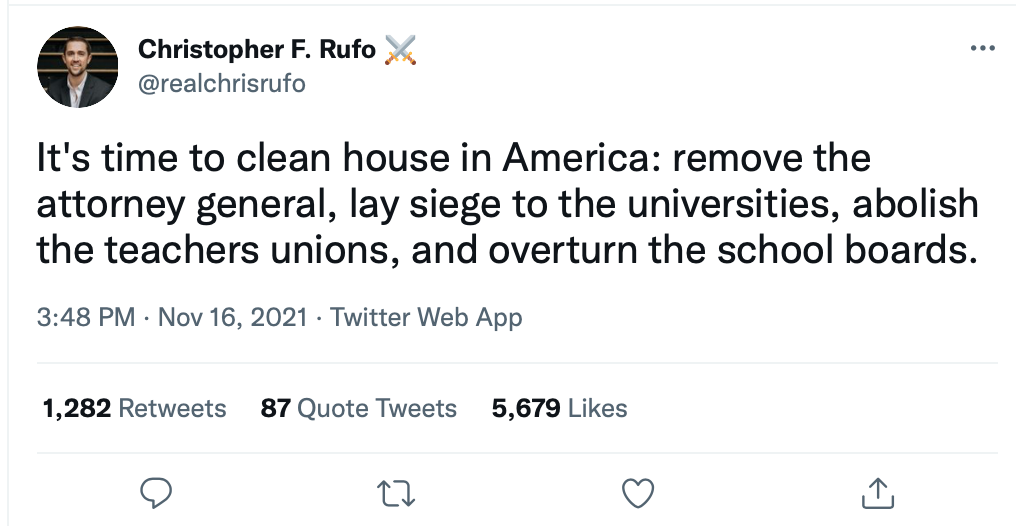What year is it? 2021? Just checking.
I was confused. With the book bans. The censoring of speech. The red-scare sense of menace.
We are increasingly seeing the costs of the Critical Race Theory moral panic. And its not pretty. The same people arguing that we need more patriotic education seem unbothered by the erosion of what I, as an immigrant, had always thought of inherently American values: such as freedom from fear and freedom of speech.
The book bans
When a school administrator in Goddard school district, Kansas, ordered the removal of over two dozen books from circulation she became the latest player in a wave of fights over what books students should be allowed to read.
The case reveals five big points.
First, the banned books included some of the outstanding contributions to literature in recent decades such as “The Bluest Eye,” “Fences,” and “The Handmaids Tale.”
When did we become so afraid of books? All of the above books are challenging, to be sure, but I vaguely recall that that teenagers don’t read books unless they up for that challenge. Indeed, that is sort of the point of such books.
Second, it’s not your imagination: things are getting worse. Every year the American Library Association tracks the list of books subject to challenges. Book challenges are up 60 percent this year. A veteran ALA official told NY Times columnist Michelle Goldberg that “there’s always been a steady hum of censorship, and the reasons have shifted over time. But I’ve never seen the number of challenges we’ve seen this year.”
Third, there seems to be more attention to books relating to race, gender and sexual identity. In other words, books that include representation of identities that have been traditionally overlooked. Danika Ellis undertook an analysis of the 850 books that a Texas legislator targeted under the states new anti-CRT law. She found that the primary characteristic of the challenged books were that they featured LGBTQ themes or authors.
Fourth, there is a growing culture of fear among school officials. The Goddard district violated its policy of not removing books until officials could verify their suitability on the basis of a single parental complaint. What explains the willingness of school officials to ignore their own rules?
The answer is that officials are increasingly worried that they will lose their jobs or be publicly attacked if they don’t accede to the demands of the censors.
Such fears are not unwarranted. In Virginia, a school board voted unanimously to ban books with “sexually explicit content” after a mother complained about a novel that had won the Best Book for Young Adults award from the American Library Association. Two board members suggested burning the books. They faulted the School Superintendant: “Dr. Baker, you saw this coming from Northern Virginia—did it not occur to you to check what is on our libraries?”
In Texas, the Governor instructed law enforcement to look into libraries to determine if they featured “pornography”. The South Carolina Governor called for a purge of “obscene” materials. A school board member in Florida is seeking a criminal investigation after school officials allowed the memoir of a Black gay man in school libraries.
Terrified officials are setting aside their professional judgment. This is the same culture of fear that led school officials in Texas to discuss both-sidesing the Holocaust to avoid offending anyone. (Which offended everyone). It’s the same culture of fear that has saw librarians in Texas cancel book reading events.



Fifth, fighting back against book bans is effective. In Goddard, the school district returned the books after the story gained national attention, and hundreds of students signed a petition protesting their removal. A similar story unfolded in Central York, Pennsylvania. This is a cause for hope.
Articulating the important political values at play matters. Staying silent means ceding the narrative about which values are important to the people who have created the moral panic responsible for the book bans.
Due process and our sense of fair play
Moral panics generate unreasoned actions. They give license for governments to run roughshod over individual rights. In the classic red scare example, the mere suggestion of an association with communism was enough to see someone effectively removed from American life. Eventually, the fever broke when people saw that McCarthyite witch-hunts were inherently unfair, denying what we collectively think of as reasonable due process. By this, I mean ideas like evidence of wrongdoing should be presented before someone loses their job.
Take the case of James Whitfield, the first Black school principal in his community in Texas. He was suspended by the school board and then removed from his job. The pressure to push him out came after a failed school board candidate accused Whitfield of trafficking in CRT. No substantive evidence was offered beyond the fact he had written a letter after the George Floyd murder saying that systemic racism was real and asking the community to oppose racism. Students said he tried to create an inclusive environment for groups that had traditionally faced discrimination in their school, and protested his removal, but to no avail.
If Whitfield had violated some rules in a state that has made teaching CRT illegal, it should have been easy to fire him. Instead, the school board chose not to renew his contract, meaning they are effectively paying him two years salary to not do his job. This provides some consolation to Whitfield, but his stated goal throughout had been to keep his job, a job that the same school board had previously praised him for.
As stories like Whitfield emerges, and the human costs of the current menacing of school officials become clearer, I think - I hope - more people will ask themselves what sort of system produces such obviously unfair outcomes. More people will push for evidence to support claims with the potential to ruin the lives of school officials.
Educational gag orders
The movement to ban CRT in the classroom received a huge boost from Glenn Youngkin’s victory in Virginia’s gubernatorial race. Right or wrong, the issue of education generally and the potency of CRT messaging in particular was given credit for Youngkin’s victory. So expect a lot more candidates to declare their opposition to CRT.
Democrats learned that simply denying that CRT is in classrooms is insufficient. Using the carefully cultivated CRT brand, even to deny its existence, plays into the hands of the conservative activists by increasing the salience of the topic. And so progressives need to find alternative ways of talking about education.
Pen America argues that the term “educational gag orders” offers that alternative. It better reflects "the actual and intended effect of these bills: to stop educators from introducing specific subjects, ideas, or arguments in classroom or training sessions."
I don’t know if “educational gag orders” is the right term. But I agree it is a more accurate description of what is going on. After all, many of the anti-CRT bills specifically include a book ban, in the form of forbidding discussion of the 1619 project. The term also draws connections between efforts to control speech on campus, in schools, in government, and among private contractors.
As these policies are implemented, the motivation for and effects of educational gag orders becomes more explicit. For example, a new North Dakota law banning CRT defines it as "the theory that racism is not merely the product of individual bias or prejudice, but that racism is systemically embedded in American society and the American legal system to facilitate racial inequality." In other words, any discussion of systemic racism is banned from the classroom.
As Jeffery Sachs has noted, some of those pushing these laws see it as part of a broader project to assert control over what they regard as liberal institutions. The sponsor of the North Dakota bill called CRT “a political ideology…It is an ideology that if we can indoctrinate it into our children young it would have a political consequence on our children later.” The same legislator hounded a researcher out of a university position because she disagreed with her research agenda.


At such moments, the mask falls off. Chris Rufo, the moral panic entrepreneur pushing the educational gag orders, has been explicit as to his goals. The illiberal outcomes of censoriousness and fear are not some unanticipated consequence of the anti-CRT project, but a defining feature.
Reclaiming American values
All of this - the book bans, the culture of fear, the educational gag orders - seems conspicuously at odds with American values. Sure, some of you will tell me, there is a rich history of such actions. But America has always been a battle between its espoused values and actual actions, with progress dependent on our ability to identify, call out, and minimize the gap between the two. Moments like the Salem witch trial and more modern McCarthyite witch-hunts reverberate in our collective consciousness because they are are part of the story we tell ourselves about who we are. A people who might be led astray by fear, but who ultimately return to fair.
Patriotism is inherently tied to optimism, so I choose to believe that many people who think of themselves of champions of liberty will have a moment of realization when they find themselves siding with the book banners. For the rest of us, I can’t think of anything more patriotic than being willing to protect and defend American values like freedom of speech and due process by opposing educational gag orders, book bans, and smear campaigns.








Cope. Seethe.